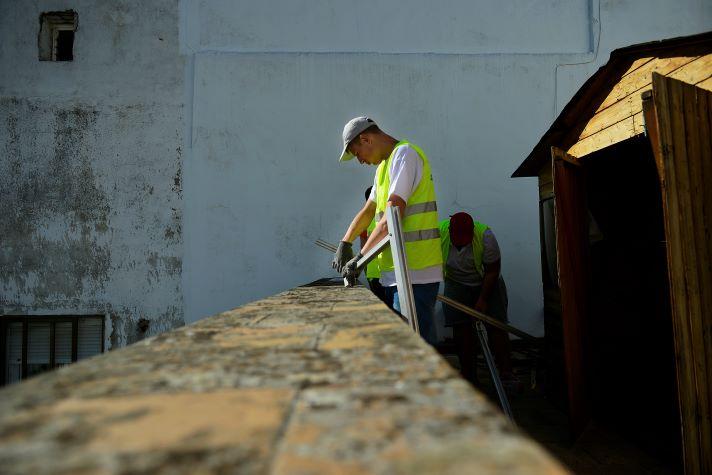Labour and skills shortages are on the rise in all EU Member States. Nearly two thirds (63%) of small and medium-sized businesses said in a recent survey that they cannot find the talent they need. In addition, the Commission has identified 42 occupations which have shortages. To address these labour and skills shortages, the Commission has presented an action plan setting out key measures that the EU, Member States and social partners should take in the short to medium term. It will help unlock the EU’s growth potential, support its competitiveness, and provide better opportunities for all.
There are five areas for action:
- Supporting underrepresented people to enter the labour market
- Providing support for skills development, training and education
- Improving working conditions
- Improving fair intra-EU mobility for workers and learners
- Attracting talent from outside the EU
The action plan has been consulted with social partners, which is crucial to understand workers’ needs and address labour market challenges. It also follows on from numerous initiatives that the EU, Member States and social partners have already put in place including the European Skills Agenda, the Pact for Skills and the European Year of Skills. The proposed actions are necessary if the EU is to reach its 2030 headline targets on skills and employment, i.e. at least 78% of the population aged 20 to 64 should be in employment, and 60% of adults participating in yearly training.
For more information
An economy that works for people
Press release: Commission sets out actions to tackle labour and skills shortages in the EU

